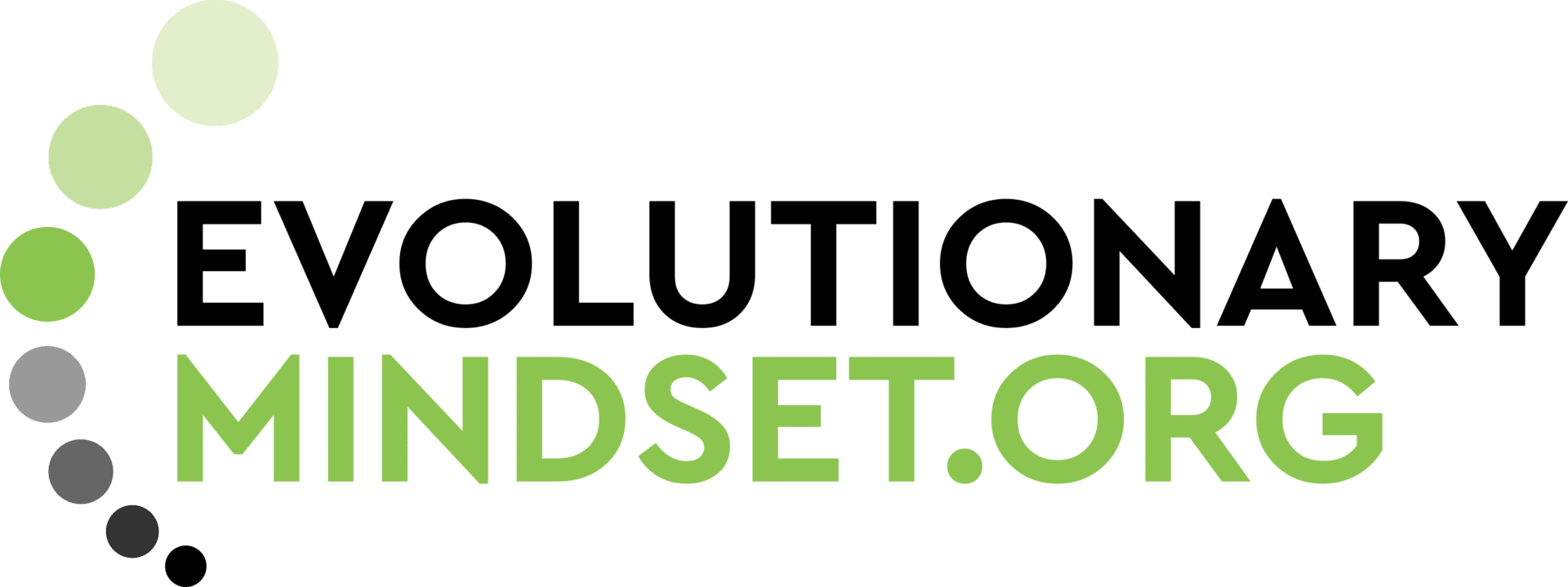
Evolutionary Leadership: From Survival Ethics to the Evolutionary Zone
In today’s high-change business environment, leaders need to lead their teams to survive, but more importantly, thrive, innovate, and ensure long-term success for their organizations.
This demands more than traditional leadership approaches—it requires an evolutionary approach, an understanding, and the application of the transformative journey from survival ethics to the evolutionary zone. In this article, we will discuss and highlight the essential qualities and strategies that define evolutionary leadership.
From Survivor Ethics to the Evolutionary Zone
Leaders who operate from a survival ethics mindset, prioritizing safety, control, and risk reduction, do not serve their entities for success. To foster growth, leaders must transition from the fear zone first to learning, to growth, and finally, toward the evolutionary zone.
Evolutionary leaders move beyond their comfort zones, embracing the wider context with intentionality, consciousness, and fearlessness.
The Evolutionary Zone: A Paradigm of Leadership
Evolutionary leaders embody the four key attributes of an evolutionary mindset: (1) high ethics and a focus on the greater good, (2) high emotional intelligence with empathy for building strong relationships, (3) high conceptual intelligence for adding value to relationships and the environment and finally, (4) high adaptability with an openness to change, new ideas, new ways to look at things, and diversity.
Empathetic Leadership: A Catalyst for Relationship Success
Emotional intelligence is paramount for evolutionary leadership. Leaders who empathize with their teams, customers, and partners foster reciprocal relationships, resulting in win-win outcomes. Studies reveal that empathy correlates with better leadership, higher job satisfaction, and decreased employee turnover.
Adaptability: Critical for Evolutionary Leadership
Adaptability distinguishes evolutionary leaders. Their self-reflection and insight enable them to navigate change effectively. Rooted in a results-oriented mindset, they embrace a cycle of testing, measuring, adjusting, and re-testing to drive continuous improvement.
Relentless Pursuit of Excellence: The DNA of Evolutionary Leaders
Evolutionary leaders embody a relentless pursuit of excellence, instilling a love for continuous improvement in their teams. Acknowledging the inevitability of mistakes, they emphasize the power of apologies to learn, grow, and maintain healthy relationships. Evolutionary leaders have the following characteristics:
Authenticity for Building Trust for Long-Term Success
Evolutionary leaders are authentic and embrace their true selves, openly sharing their values, beliefs, and experiences with their teams. By being genuine, they reduce biases and foster an environment that celebrates diversity, allowing each team member to feel valued and included.
Authentic leaders view failure as an essential part of growth, encouraging learning and adaptation as natural processes. Their ability to have fun and bring joy into the workplace serves as a catalyst for employee happiness, which is vital for long-term success. These leaders are committed to personal evolution and adaptive competency, constantly refining their approach to meet the demands of a changing environment.
Most importantly, evolutionary leaders view the wide context and see what isn’t the here and now. In addition, they embody these key characteristics:
- Reduce Biases and Embrace Diversity
- Have a Healthy Attitude toward Failure: Learning Through Evolution
- Able to Have Fun: The Catalyst for Employee Happiness
- Personal Evolution and Adaptive Competency
- Promote Freedom versus Control for Nurturing Growth Through Autonomy
- Highly Skilled at Adapting to The Environment
- Tend Toward Androgyny with Masculine and Feminine Leadership Traits
- Highly Ethical and Altruistic
The Future is Evolutionary Leadership
The path to evolutionary leadership is marked by a commitment to continuous learning, adaptability, empathy, and authenticity. Leaders who can view “what’s possible” and embrace diverse ideas, innovation, and a focus on results with a blameless approach are poised to more successfully guide their organizations through the complexities of the modern business landscape.
As we witness the evolution of leadership, the imperative is not just survival but flourishing in a world that demands conscious, innovative, and ethical leadership.
Looking to learn more? Feel free to read the rest of my blog or check out my book EVOLVE FOR GROWTH, available on Amazon: https://amzn.to/3QY2ONB
